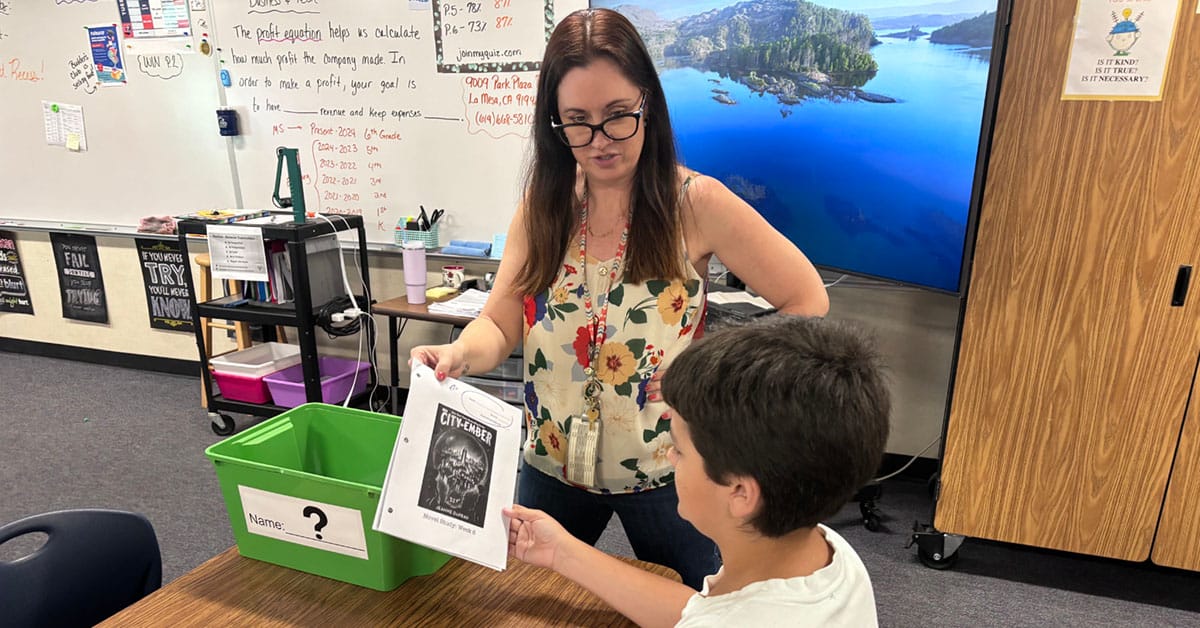Tackling Chronic Absenteeism

Tracking absences quarterly allows schools to spot trends and changes faster, whether they be something to celebrate or a student who needs more support. When we track the number of absences by quarter, just a few missed days in a row can trigger early intervention or celebration.
How Schools Are Using Identity Questions to Improve Literacy

ELA teachers asked students to connect their personal and cultural identity to the academic content at key junctures in their lessons.
WIN Time at Parkway Academy

Parkway faculty carved out time in their daily schedule to pull specific groups of students to work on a particular skill or intervention,
An Improvement Project Tackling Chronic Absenteeism

Following the COVID-19 pandemic, Ferdinand T. Day (FTD), a Title 1 elementary school in Alexandria, Virginia, noticed an alarming increase in chronic absenteeism rates that disproportionately impacted Hispanic students
A Meeting I Actually Look Forward To: The Coaching Huddle

Every two weeks, my Network for College Success (NCS) colleagues and I connect with each other to learn and grow our practice as Transformation Coaches.
Sometimes the Bias You Need to Disrupt is Your Own

I’m going to share with you how undertaking antiracist and antibias work with schools forced me to confront my own blind spots.
Improvement from Scratch

School operation teams, the backbone of making the school day happen across the country, are often invisible. With little acknowledgement of success, it’s easy to notice when things fall apart: when buses don’t arrive on time, admission numbers are lower, computers stop working, or thousands of dollars are wasted on food ordered, but never eaten.
Giving Teachers a chance to “Test Drive” their Lessons

M’s fourth graders were buzzing as they worked in pairs to solve the math problem M. had just presented to them. The other educators in the room circulated and listened in as students used academic language to discuss their answers with each other, jotting down notes about what their partner had said and the language they had used.
Your Classroom Isn’t An Island

My fourth-grade classroom was covered in cardboard boxes. The entire back wall was piled high with donated boxes. The tables were covered in glue and paint cups sat in the sink. As I began to clean up some paint splatters, I smiled to myself as I thought about how I ended up in this situation.
Schools as Equitable Communities of Inquiry

We wrote this chapter several years ago, in response to a request from the Sitra Foundation in Finland that we envision the school of the future. The chapter is dated in some respects, but apart from minimal updates and revisions for clarity, it appears here as written.